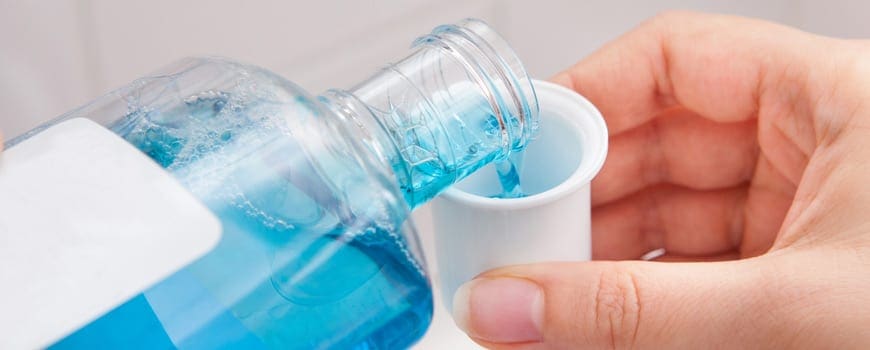It may be time to start flossing and stop mouth washing particularly if you feel you always have bad breath. Is a mouthwash worth using and should you believe all the claims made on the side of the mouthwash bottle?
The answer to this is not so straight forward. There are both pros and cons to using a mouthwash and this can differ depending on the ingredient in the mouthwash.
Will it cut down my risk of getting cavities?
If the mouthwash contains fluoride there are numerous studies to support the fact that it will cut down your risk of demineralization of the enamel and decrease cavities.
Will it control my gum disease?
Gum disease is caused by plaque and bacteria that inflame and infect the gum. A mouthwash that contains chlorhexidine is known to have some antibacterial action; however excessive use leads to a staining on the teeth.
Will it help with mouth ulcers?
A mouthwash can help to decrease bacteria around the ulcer and decrease the irritation of the area.
Can they be irritating?
The mouthwash may actually irritate the gums, ulcers and soft tissues if the alcohol content in the mouth rinse is too high.
Will it improve my bad breath?
This is probably the most common reason for using a mouthwash. However the effect is very short lived and will not make up for poor oral hygiene. It is the equivalent of using a load of deodorant but without actually ever having a shower.
Can it cause cancer?
The debate continues on the likelihood that the alcohol content in the mouthwash will result in cancer. Many companies now make an alcohol free version so if you are at all worried, avoid the alcohol containing mouthwash.
